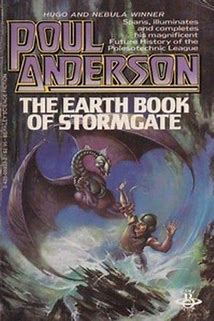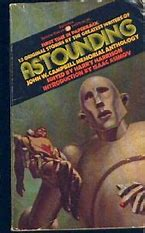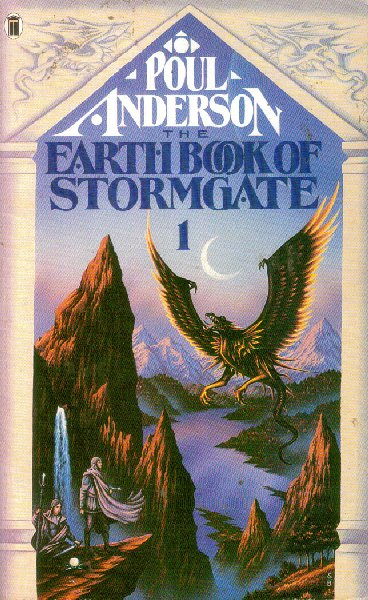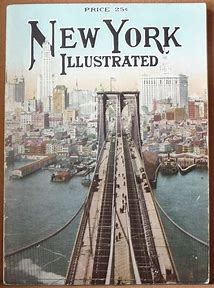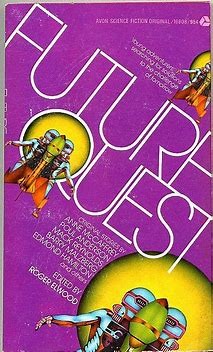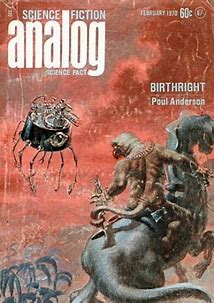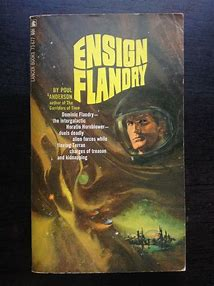I left out Coya. Held defensively by Falkayn, she begs van Rijn to befriend Supermetals. Van Rijn watches his chief trade pioneer/troubletwister and his granddaughter standing together while the eyes of Chee Lan, Adzel and Hirharouk are on him. After a pregnant pause, he agrees. It is this coming together of these six characters in this way that seals the deal. We already knew the four merchants. We already knew Ythrians if not Hirharouk personally. Coya alone is new. A future history series grows by building on earlier instalments while also introducing new information in subsequent instalments. Coya will join the trader team between volumes and will play the important role of the mother of Juanita and Nicholas Falkayn in Mirkheim and unfortunately these are her only two appearances in the Technic History. Each character's significance is immensely greater than the handful of appearances that even the most prominent of them makes in this future history series.
Tomorrow will be New Year's Eve and a rest from posting although not from commenting.

